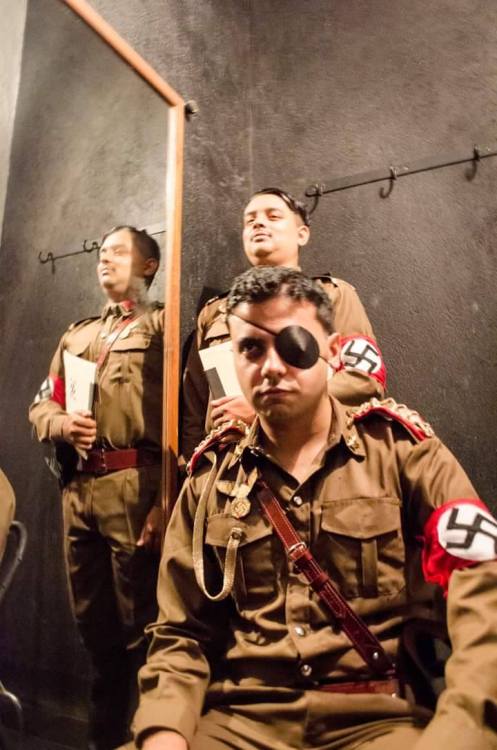The demons outside lurk everywhere and in every turn.For a huge majority of women, this is a reality they have to contend with everyday, every hour, every minute.
We talk about issues when they become incidents, but what of the millions of just-missed incidents which don’t ignite the collective furor of the society but leave an indelible mark on the psyche of a person. Strangling her each day, little at a time, till she’s a shriveled up shell who gets startled at every unbidden glance, the beginnings of a whistle, a dress material getting tangled somewhere, a hand which comes too close.
“Eve-teasing”,is an ubiquitous term we encounter in newspapers and everyday life. Interestingly, its a relic from the post-colonial era, with ‘eve’ implying a temptress who can seduce men and hence, insinuating women in it’s very double-edged euphemism.
Sexual harassment of women in public is not only about sex or lust, but also about masculine aggression and domination in a patriarchal society. It’s about simmering frustrations, inferiority complexes coupled with a complete lack of social/ethical/family values.A way to display that a fledgling has earned the rite of passage to become an adult in front of his equally depraved peers.The glamorization of these acts in films just fuels the lunacy further.
We, the urban women, have the luxury of being cocooned to some extent by the comforts afforded by our social strata.For a woman who doesn’t have the privacy of her own vehicle or can ill afford to live in relatively safer localities, it’s an everyday tussle.
Today I would like to present this 22 minutes short film “That Day After Everyday”, which is directed by none other than the brilliant Anurag Kashyap and is written by Nitin Bhardwaj. In spite of it’s very somber theme which can get under your skin, its not a depressing movie. It’s movie about three women who learn to fight.
Do their methods seem practical ? Maybe. It definitely seems fraught with nebulous risks. Is it positive ? Yes. I loved the way the film ended. And it made me ponder about the movies which are too real-life like to leave the viewer with any succor. Treated as an art movie or as a conduit to awaken public conscience, they are great.But in a world that is full of depressing news, where every fight against injustice seems onerous, a little hope is like water on the parched earth. We definitely need more movies which depict somber themes but leave the viewer with the after-taste of hope.
“Hope is being able to see that there is light despite all of the darkness.” – Desmond Tutu

